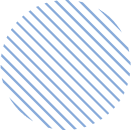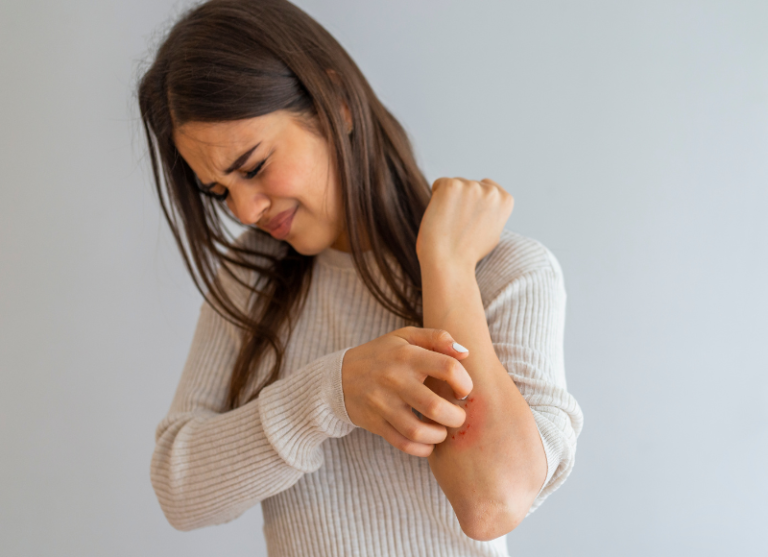Hirsutism is a condition characterized by excessive hair growth in women in areas such as the face, chest, back, and abdomen, which are typically more hairy in men. This condition is primarily caused by an increase in male hormones called androgens or heightened sensitivity of hair follicles to these hormones.
TYPES OF HIRSUTISM
1.IDIOPATHIC HIRSUTISM
- No identifiable underlying cause.
- Often hereditary and tends to be milder.
- Hormonal levels are usually normal, but hair follicles are overly sensitive to androgens.
2.SECONDARY HIRSUTISM
- Linked to medical conditions or external factors that elevate androgen levels, such as:
Polycystic Ovary Syndrome (PCOS): The most common cause due to hormonal imbalances caused by ovarian cysts.
Cushing’s Syndrome: Overproduction of cortisol, indirectly increasing androgen production.
Congenital Adrenal Hyperplasia: A genetic condition leading to excessive androgen production by the adrenal glands.
Androgen-Secreting Tumors: Rare tumors in the ovaries or adrenal glands.
Medications: Drugs like anabolic steroids or hormone therapy can lead to hirsutism.
SYMPTOMS OF HIRSUTISM
-Excessive Hair Growth:Coarse, dark hair on the face, chest, back, and abdomen.
-Acne: Often accompanies high androgen levels.
-Irregular Menstrual Cycles:Common in conditions like PCOS.
-Deepening of Voice: A symptom in severe cases due to elevated androgen levels.
-Masculine Features: Muscle growth or other male physical traits in extreme cases.
-Oily Skin and Seborrhea: Androgens may increase oil production, leading to itchy or greasy skin.
CAUSES OF HIRSUTISM
Hirsutism arises from hormonal imbalances, particularly elevated androgen levels or increased hair follicle sensitivity. Common causes include:
-Genetics:A hereditary tendency for hirsutism.
-Hormonal Disorders: Conditions like PCOS or adrenal gland issues.
-Medications:Certain drugs that affect hormonal balance.
-Adrenal or Ovarian Tumors: Rare but significant causes.
DIAGNOSIS OF HIRSUTISM
Diagnosis typically involves:
1.Blood Tests:To measure androgen and other hormone levels.
- Imaging Tests: Ultrasound or CT scans to detect cysts or tumors in the ovaries or adrenal glands.
LIFESTYLE CHANGES:
*Weight Management:- Exercise regularly and maintain a healthy diet to reduce insulin resistance.
*Stress Reduction: Yoga, meditation, or relaxation techniques to balance hormones.
*Dietary Adjustments: Avoid processed foods, refined sugars, and focus on a protein-rich, whole-food diet.
HOMEOPATHIC REMEDIES:
1.Thuja Occidentalis: For hormonal-related hair growth.
2.Sepia:Addresses irregular periods and unwanted hair growth.
3.Calcarea Carbonica: Suitable for weight gain and cold sensitivity along with hair growth.
4 Natrum Muriaticum: Effective for stress-related hair growth and dry skin.
5.Oleum Jecoris Aselli: Supports long-term hormonal balance.
Always seek guidance from a healthcare professional or homeopathic practitioner for personalized treatment.
Skin Care: Moisturize regularly and maintain a clean skincare routine to avoid acne or irritation.
- Regulate Menstrual Cycles: Adopt a healthy lifestyle and balanced diet to maintain hormonal stability.
By combining proper medical care, lifestyle adjustments, and homeopathic remedies, hirsutism symptoms can be effectively managed over time. Regular follow-ups with a healthcare provider are essential for sustained improvement.




